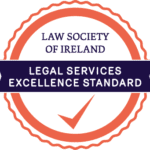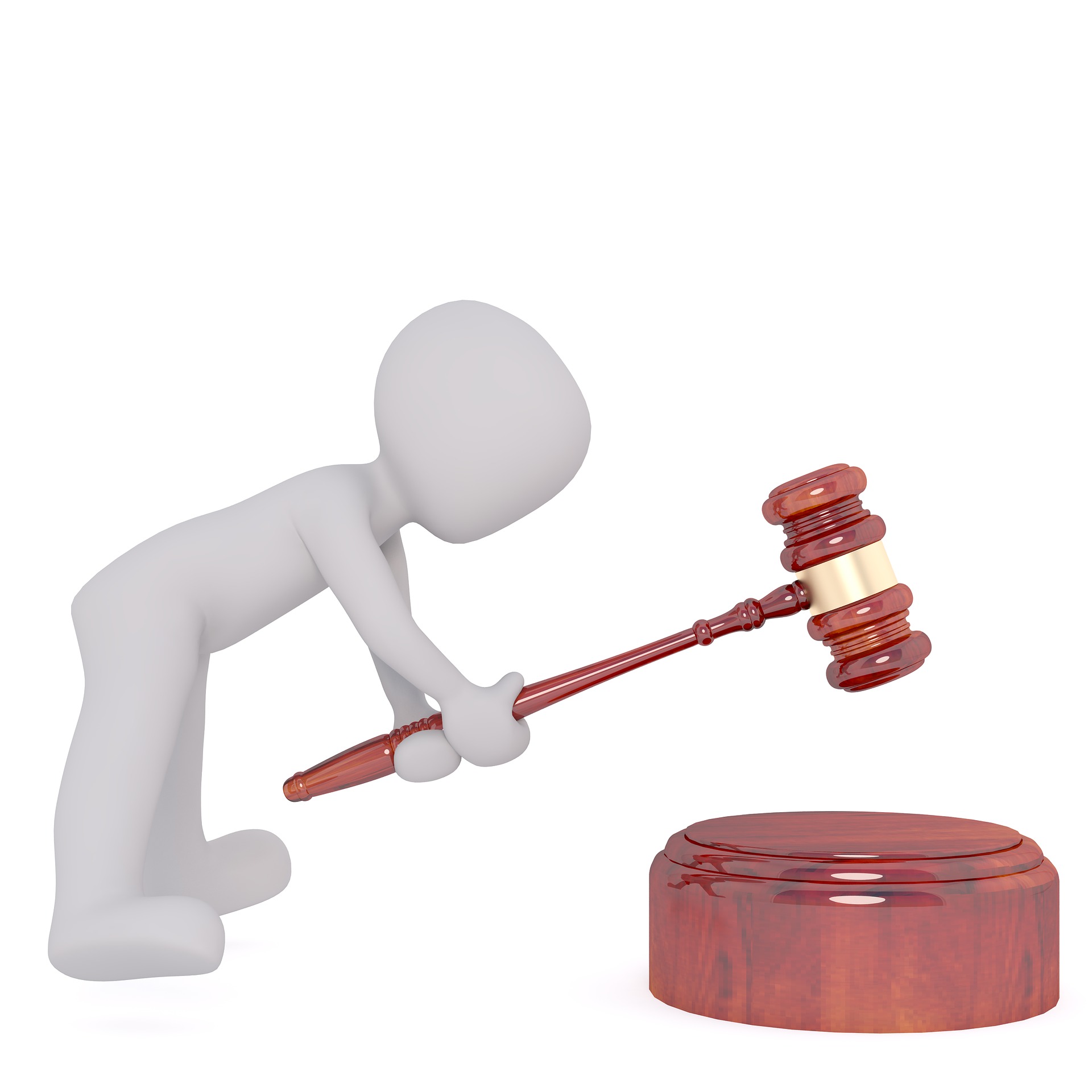7 Things you need to know for a Court appearance.
Show up:
if you are on a summons, and the charge is returnable to that date. You should make sure that you are there in person, whether or not you have legal representation. Some judges take it as disrespect to the court they are sitting in if the person is not there to answer the charge.
Dress as you would for an interview:
As in a job interview this is the first time you will meet the Judge and you want to make a good impression. People make impressions on what they see with their own eyes. So dress appropriately and make your first impression a lasting one.
Take the Oath:
Whether you’re a Christian or some other religion you are required to swear or affirm the evidence that you’re going to give. Make sure you stand straight up and look like it means something to you. No slouching and no hand in pocket or chewing gum. All these factors reduce your credibility and the evidence you give.
Address only the judge:
Watch how professional witnesses such as guards give their evidence to the court. They are focused on the Judge and nobody else. People worry about what to call the judge, but in most cases prefacing the words you’re giving with Judge is sufficient especially in the District Court.
Get copies of any statements you gave to the guards in advance of any hearing:
You are entitled to these and your solicitor will need them to see what statement if any you made relating to the charge. The court will generally adjourn the first listing of the case to allow the statements pass over to the accused or his legal representative.
Ensure you understand what is said about you:
If you can not hear or do not understand what is said, be sure to tell the Judge and ask for an explanation especially if English is not your native language.
Jury summons:
If you receive a summons it is your civic duty to attend on the date listed. You may be challenged by legal advisers for an accused even though you were chosen at random from the jury list. If you have other pressing business, you should advise the sitting judge, and they will decide whether you can be excused or not.
Nothing in this note shall constitute legal advice and is not a substitute for consultation with a qualified legal adviser in relation to your legal rights and responsibilities.


